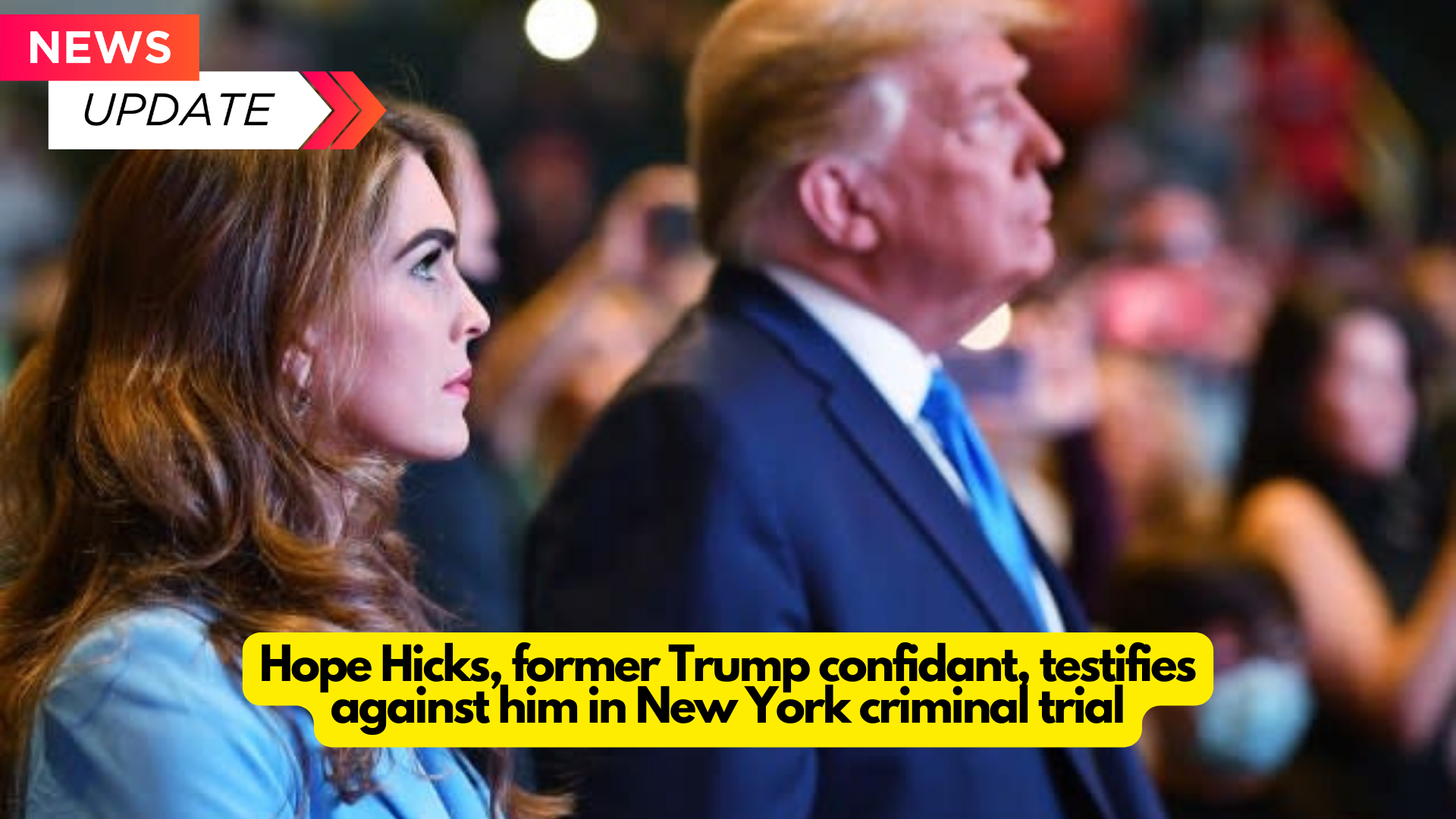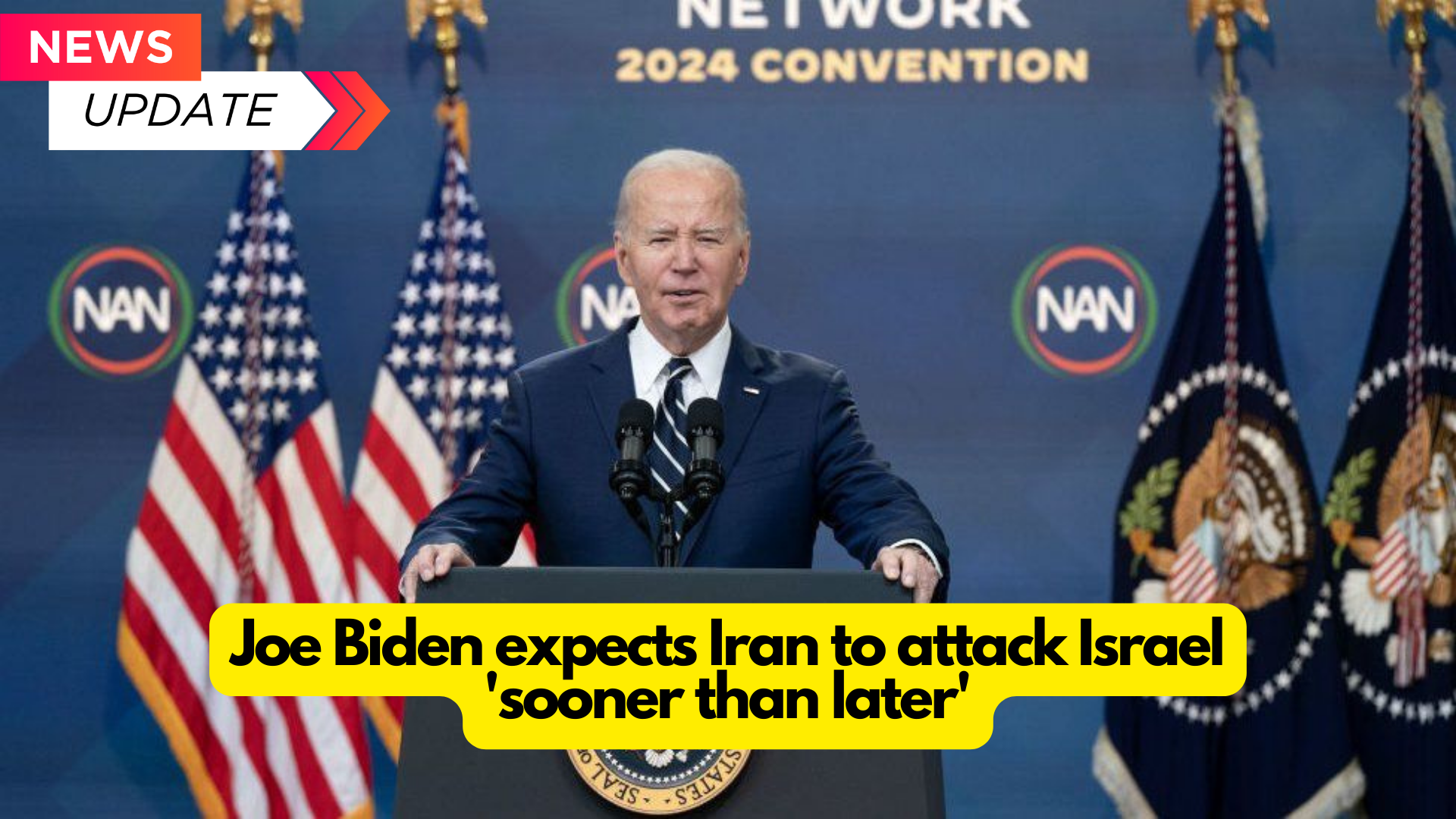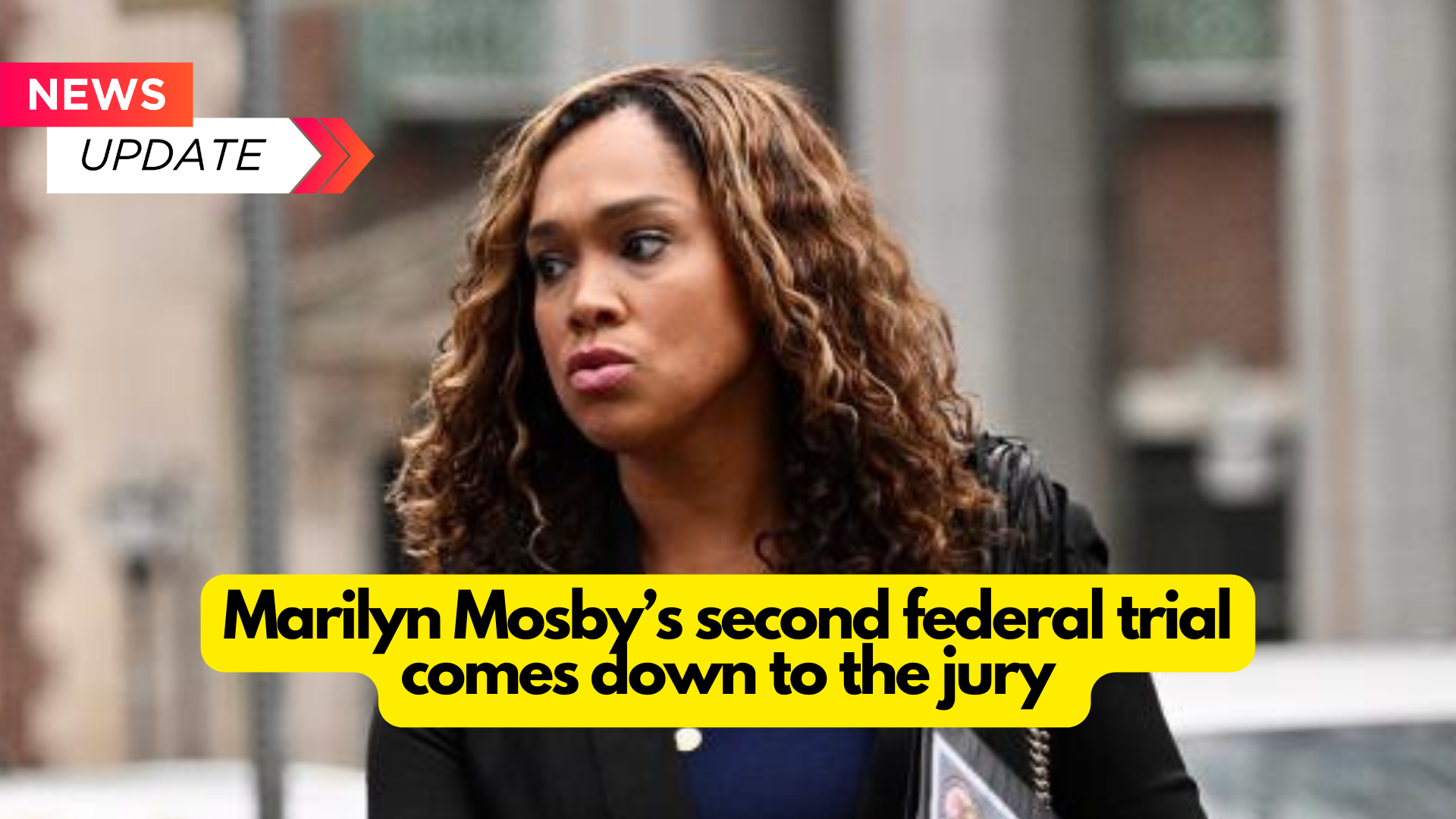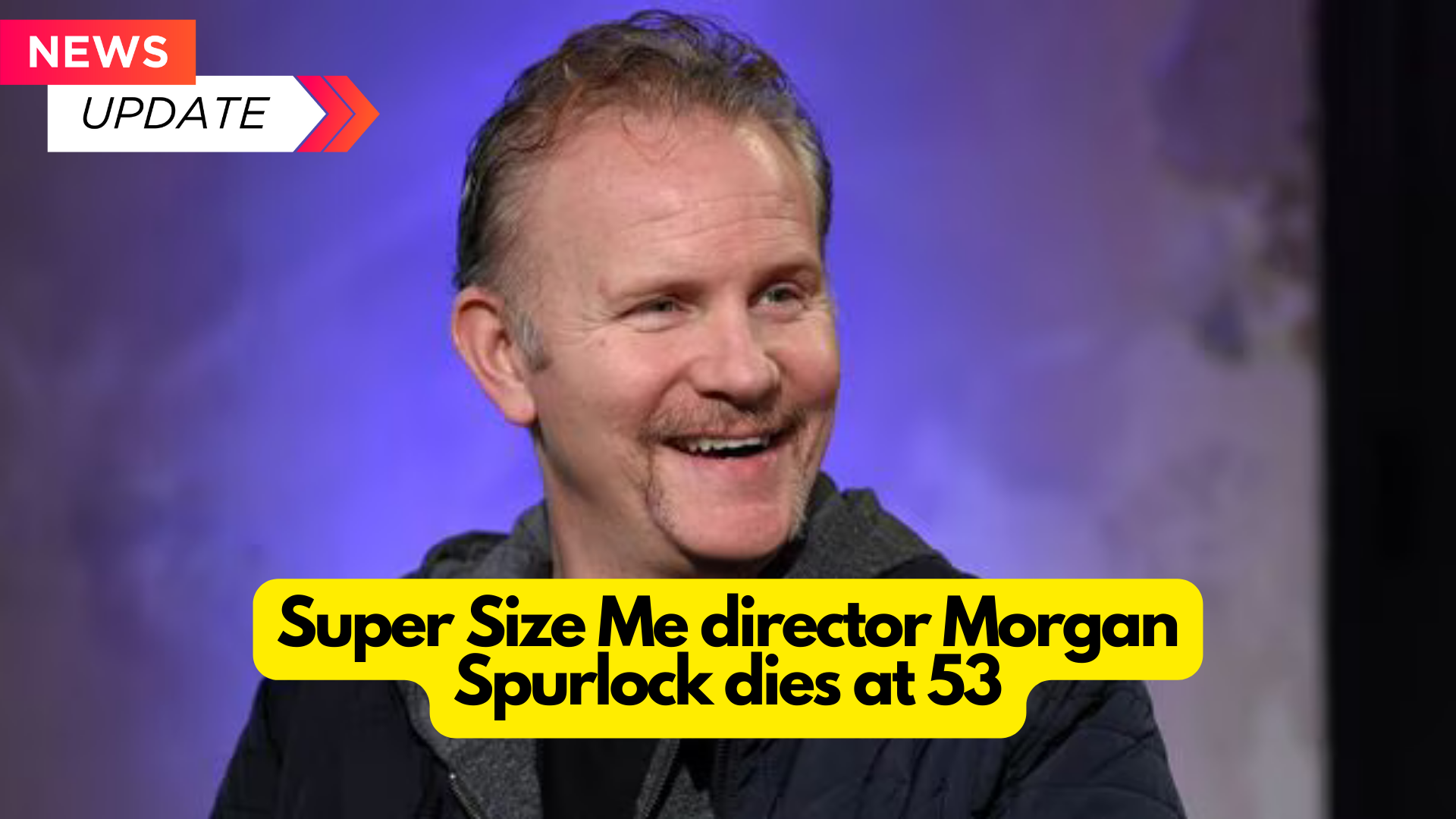Hope Hicks, a Trump-era White House adviser and communications director, testified in the criminal trial of former President Donald Trump on Friday.
Hicks’ name had been mentioned by various witnesses who testified before her. Prosecutors questioned her about the agreement reached between Trump and the leadership of the National Enquirer tabloid to “catch and kill” articles that may undermine his 2016 presidential campaign, as well as the campaign’s management of the media blowback from those stories.
Hicks became the eighth witness to testify in Manhattan against the former president. Trump is charged with 34 felony charges, including falsifying New York company documents in order to conceal negative facts and affect the 2016 presidential race.
Trump argues the trial is “election interference” since it disrupts his 2024 presidential campaign because he must be in court every day and cannot campaign while there.
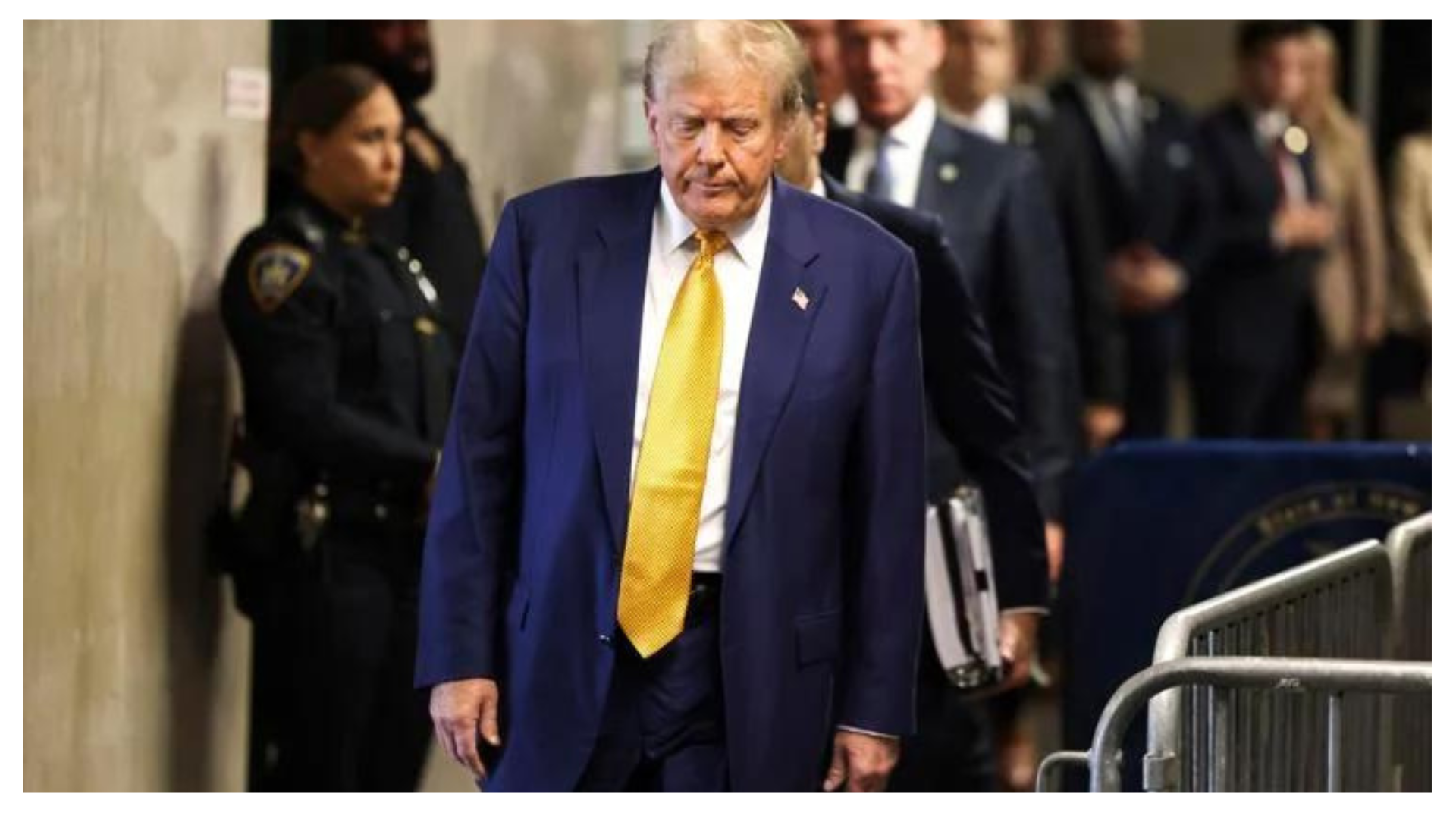
Trump emphasized on social media and in interviews with reporters outside the courthouse that the trial is a witch hunt. Although he was unable to comment on the testimony due to a gag order, he stated that he was “very interested in what took place today.”
Who is Hope Hicks? So, how does he fit into the prosecution’s case?
Hicks has worked for Trump since 2014, when she joined the Trump Organization with Ivanka Trump, the former president’s daughter, and Trump himself. In 2015, Hicks served as press secretary for Trump’s first presidential campaign. After Trump was elected, she became the administration’s director of strategic communications, then communications director. She resigned from the position in 2018.
Hicks later joined Fox Corp. as chief communications officer and executive vice president before returning to the White House in 2020 as an advisor to Ivanka’s husband, Jared Kushner, and Trump’s counselor.
Hicks’ early testimony showed her economic and political ties to the Trump family. While on the stand, she described how the Access Hollywood footage originally surfaced and how the campaign responded to it.
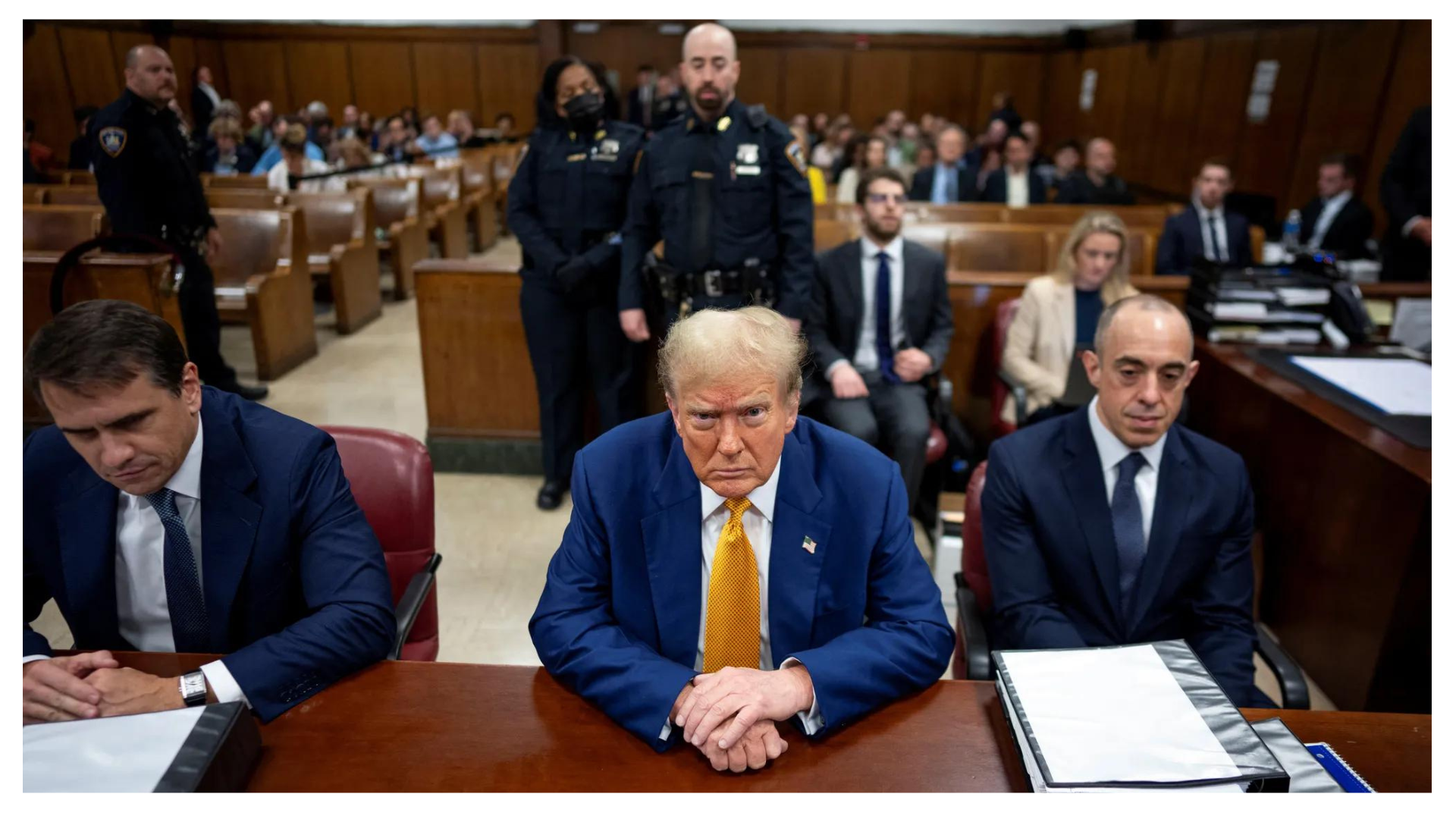
Hicks also testified to receiving a media request from a Wall Street Journal reporter seeking comment from the campaign for a story on Trump’s alleged affair with Playboy model Karen McDougal and adult film actress Stormy Daniels. Trump has refuted both charges.
She agreed that, at the time, the election was the primary focus for many in Trump’s orbit. Hicks also stated that it would be out of character for Cohen to make the payment to Daniels “out of the kindness of his heart,” as Trump had indicated to her at the time.
Hicks stated that she did not know Cohen to be “charitable” and that he is the “kind of person who seeks credit.”
In previous testimony, David Pecker, former publisher of the National Enquirer, stated that Hicks was in and out of an initial meeting he attended in August 2015, where the contract to help the campaign was struck.
Hicks formerly worked for a communication and strategy business that collaborated with American Media Inc., the parent company of the National Enquirer at the time.
In her testimony on Friday, she stated that she frequently attended meetings with Trump at Trump Tower and had seen Pecker there, but she could not recall any meeting details.

During opening comments, prosecutors mentioned that the Access Hollywood footage was published a month before the election.
“The campaign went into immediate damage control mode,” prosecutor Matthew Colangelo said in opening comments, adding that Trump learned the next day that another woman, Daniels, was ready to come out with her own alleged sexual encounter with the GOP nominee.
A report about adultery with a porn actress would have been detrimental to the campaign, according to Colangelo, and Trump intended to “prevent American voters from learning about that information before Election Day.”
In 2019, hundreds of pages of court documents were made public, revealing contact between Hicks, Trump lawyer Michael Cohen, Pecker, Trump, and others following the publication of the tape and prior to the settlement with Daniels.
The payments represent the 34 “falsified” corporate records that the prosecution claims Trump created. In opening arguments, prosecutors said that Trump’s lawyer, Michael Cohen, filed 11 “phony invoices” paid for by checks with “false entries” signed by Trump himself.
Trump has pleaded not guilty, claiming that all he did was pay his lawyer.
What did Trump’s attorneys question her about?
When asked about her past with the Trump Organization, Hicks became upset and requested a pause, sniffling.
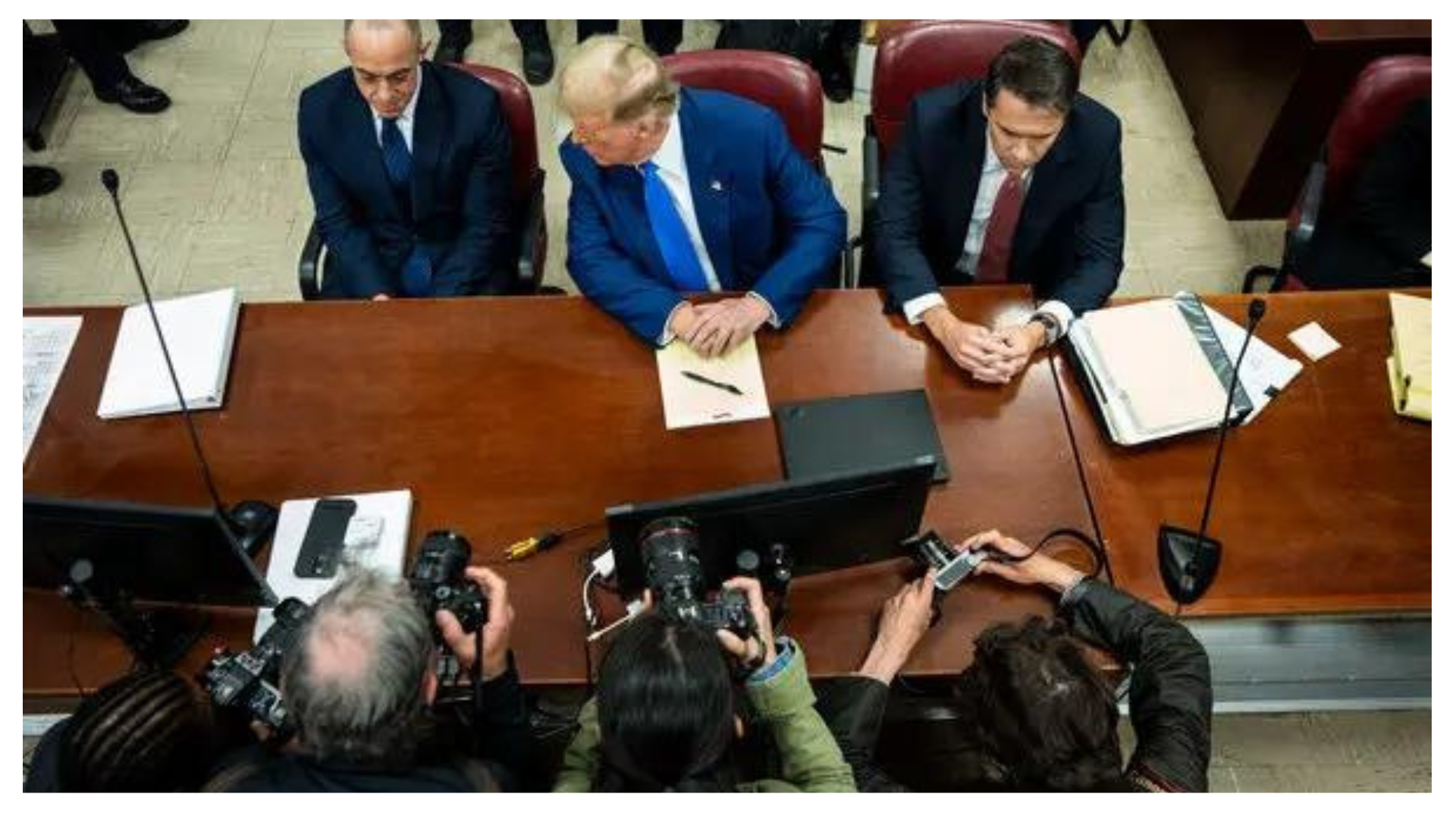
When questioned if Cohen was on the campaign, Hicks stated that he was not formally involved and that the campaign had independent counsel, notwithstanding Cohen’s claims and television appearances. She notes that Cohen would refer to himself as Trump’s “fixer.”
“I used to say that he liked to call himself a fixer or Mr. Fix It, and it was only because he first broke it,” Hicks added, eliciting amusement from the courtroom.
Trump lawyer Emil Bove also questioned Hicks if it was common practice to collaborate with the media to push stories, such as highlighting good ones.
“I have only been on one campaign, and it was a great one,” Hicks added, recognizing that this was prevalent in the Trump campaign. “I wouldn’t have a job if that wasn’t a regular practice.”
When addressing questions for the prosecution, Hicks stated that when media reports initially surfaced regarding the payments and alleged relationships, Trump was anxious about the narrative and how it would be seen by his wife, Melania. “He wanted to make sure the newspapers weren’t delivered to their residence that morning,” she went on to say.
In their opening comments, Trump’s attorneys sought to prove that any payment to keep stories out of the press was motivated by Trump’s desire to protect his family rather than the election.
